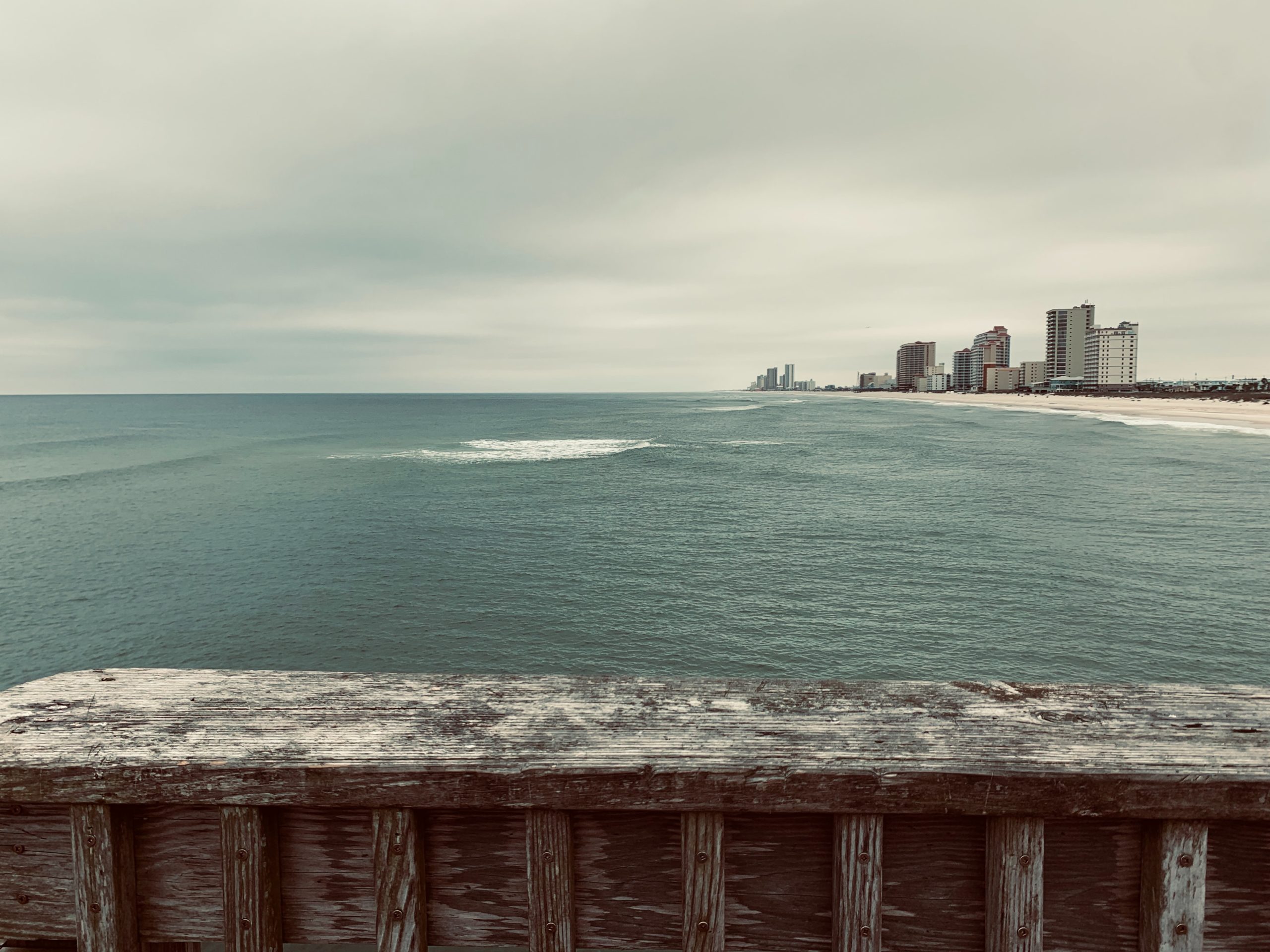By: Kate Young
On Sept. 14, Hurricane Sally made its way to Alabama. While it was no more than a minor inconvenience in Homewood, many Samford students have families and friends in their hometowns who were majorly affected by the storm.
Roger Boyers, father of Samford junior Katy Beth Boyers, detailed his experience with the storm.
“We have a condominium that has been in our family for a number of years,” Boyers said. “This property located on Dauphin Island, at the southern tip of Alabama, was significantly impacted by Hurricane Sally. There are four people who live in the condominium full time. They had no power for five days.”
The community prepared for the hurricane, which helped alleviate damages.
“The community of Dauphin Island is very prepared for this kind of event,” Boyers said. “You don’t seem to have as much damage when you are on the west side of the eye of the hurricane.”
Hurricane Sally was classified as a Category 2 hurricane. Sally struck coastal Alabama with winds ranging from 96 to 110 miles per hour. At the end of the day on Sept. 16, the National Hurricane center announced that Sally had been downgraded to a tropical depression. It progressed in a northeast route, bringing harsh rains to eastern Alabama and western Georgia.
As the fourth hurricane to affect the United States this year alone, Hurricane Sally has exacerbated problems like housing, already made difficult by the COVID-19 crisis. While the Federal Emergency Management Agency has approved over $2 million in housing assistance for Baldwin, Escambia and Mobile counties, many housing options have been destroyed or severely damaged by the storm leaving many families wondering where to go.
FEMA reports that 831 individual assistance applications are approved, but they also warn that many scammers have taken advantage of the situation, preying on those who seek disaster relief. FEMA warns homeowners to always ask to see the badge and nine digit identification number of anyone claiming to represent FEMA. They further warn that all emails claiming to be from FEMA should be considered fraudulent because they only schedule appointments via phone calls.
Though this storm is another disaster piled on to an already difficult year, Boyers offered a glimmer of hope.
“They were able to get power back in less than a week,” he said.
Alabama Power’s efforts to reobtain power is the first step to the speedy recovery of Dauphin Island and the rest of the Gulf Shores.






